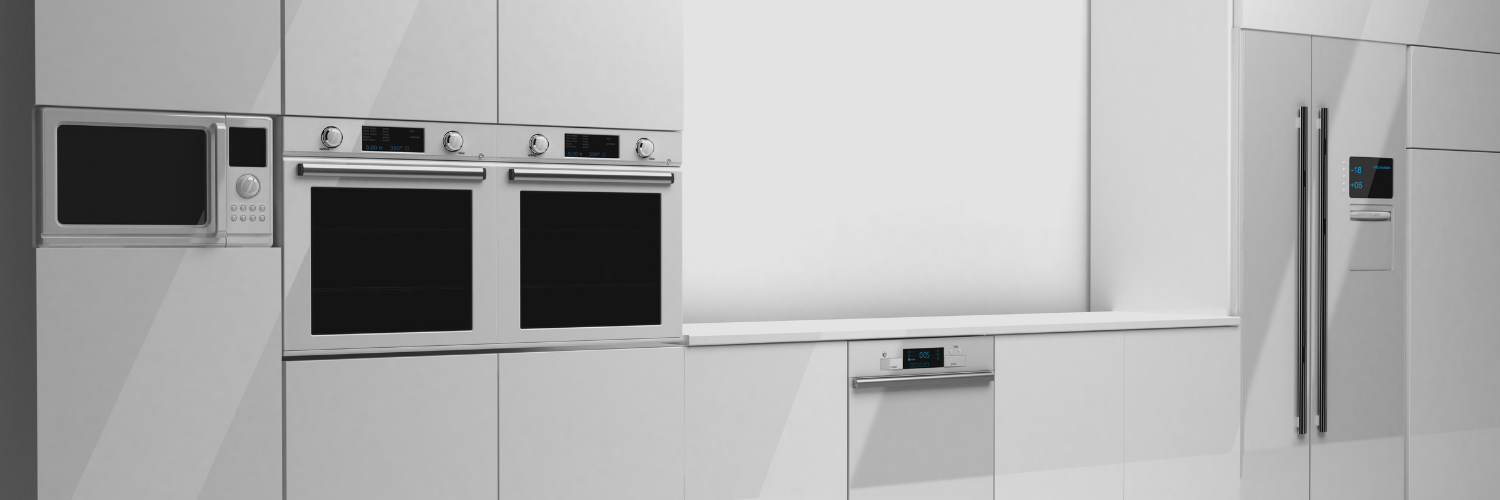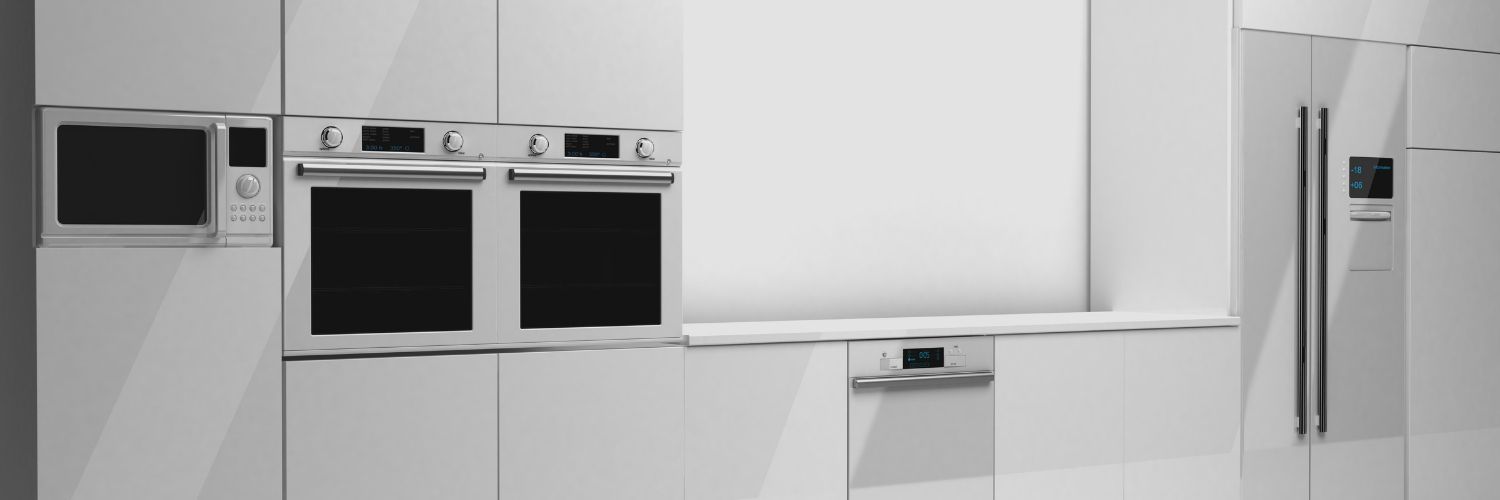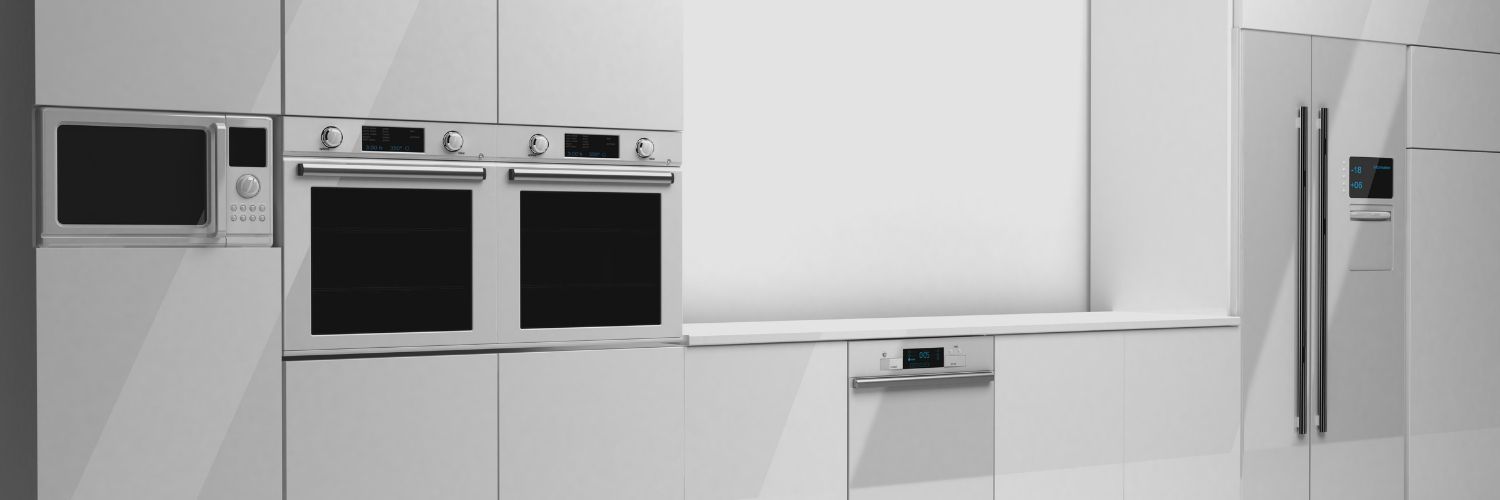The Pros and Cons of Repairing Vs. Replacing Your Home Appliances
When faced with a malfunctioning or outdated home appliance, the decision between repairing or replacing it can be a tough one. On one hand, repairs might seem like a cost-effective solution, while on the other hand, purchasing a new appliance offers the allure of updated features and improved efficiency. In this blog post, we will delve into the pros and cons of repairing versus replacing your home appliances. By considering various factors, including cost, lifespan, energy efficiency, and functionality, you can make an informed choice that suits your needs and budget.

Cost Considerations
One of the primary factors influencing the decision to repair or replace an appliance is cost. Repairs are often cheaper than purchasing a new appliance, especially for minor issues. However, it's essential to weigh the repair costs against the age and condition of the appliance. If the repair cost is significant and the appliance is nearing the end of its lifespan, investing in a new appliance may be a more cost-effective choice in the long run. Additionally, consider the frequency of repairs. If an appliance consistently requires repairs, it may be more cost-effective to replace it with a newer, more reliable model.
Lifespan and Reliability
The lifespan and reliability of an appliance are critical factors to consider when deciding between repair and replacement. If the appliance is relatively new, has a long expected lifespan, and has been generally reliable, it may be worth repairing. On the other hand, if the appliance is older, has had multiple repairs in the past, and is approaching the end of its expected lifespan, replacement might be the wiser option. Newer appliances often come with improved technology and features, providing increased efficiency, convenience, and reliability.
Energy Efficiency
Energy efficiency has become a significant consideration for many homeowners. Newer appliances are designed to be more energy-efficient, resulting in potential cost savings on utility bills. If your current appliance is outdated and consumes excessive energy, replacing it with an energy-efficient model can help reduce your carbon footprint and save money in the long term. However, if your existing appliance is still relatively energy-efficient or can be made more efficient through repairs or maintenance, opting for repairs may be a more environmentally friendly and cost-effective choice.
Functionality and Upgrades
Replacing your appliance offers the opportunity to upgrade to a model with improved functionality, enhanced features, and modern design. If your current appliance no longer meets your needs or lacks essential features, replacing it can enhance your overall satisfaction and convenience. Upgrades such as larger capacities, smart home integration, or advanced settings can provide a better user experience. However, if the functionality of your appliance meets your requirements and repairs can restore its performance, repairing it can help you avoid the expense of purchasing a new one.
Environmental Impact
Considering the environmental impact is crucial in today's world. Repairing an appliance reduces waste by extending its useful life. It prevents the unnecessary disposal of appliances and reduces the resources required to manufacture new ones. By opting for repairs, you contribute to a more sustainable and eco-friendly approach. However, it's important to consider the overall energy efficiency of the repaired appliance. If the repair does not significantly improve its energy efficiency, it may be more environmentally friendly to replace it with a more efficient model.
Emotional Attachment and Sentimental Value
Home appliances often hold sentimental value, especially if they have been passed down through generations or have sentimental memories associated with them. If an appliance holds significant emotional attachment or sentimental value, it may influence your decision to repair rather than replace it. However, it's essential to balance emotional attachment with practical considerations, such as the cost and feasibility of repairs, the appliance's condition, and its compatibility with modern standards and technology.
Conclusion
When deciding between repairing or replacing your home appliances, it's crucial to weigh the pros and cons based on factors such as cost, lifespan, energy efficiency, functionality, environmental impact, and sentimental value. Assessing these considerations will help you make an informed decision that aligns with your budget, needs, and values. In some cases, repairs may be the more cost-effective and environmentally friendly choice, while in others, upgrading to a new appliance with improved features and efficiency may be the better option. Ultimately, the decision should prioritize your long-term satisfaction and financial well-being.



